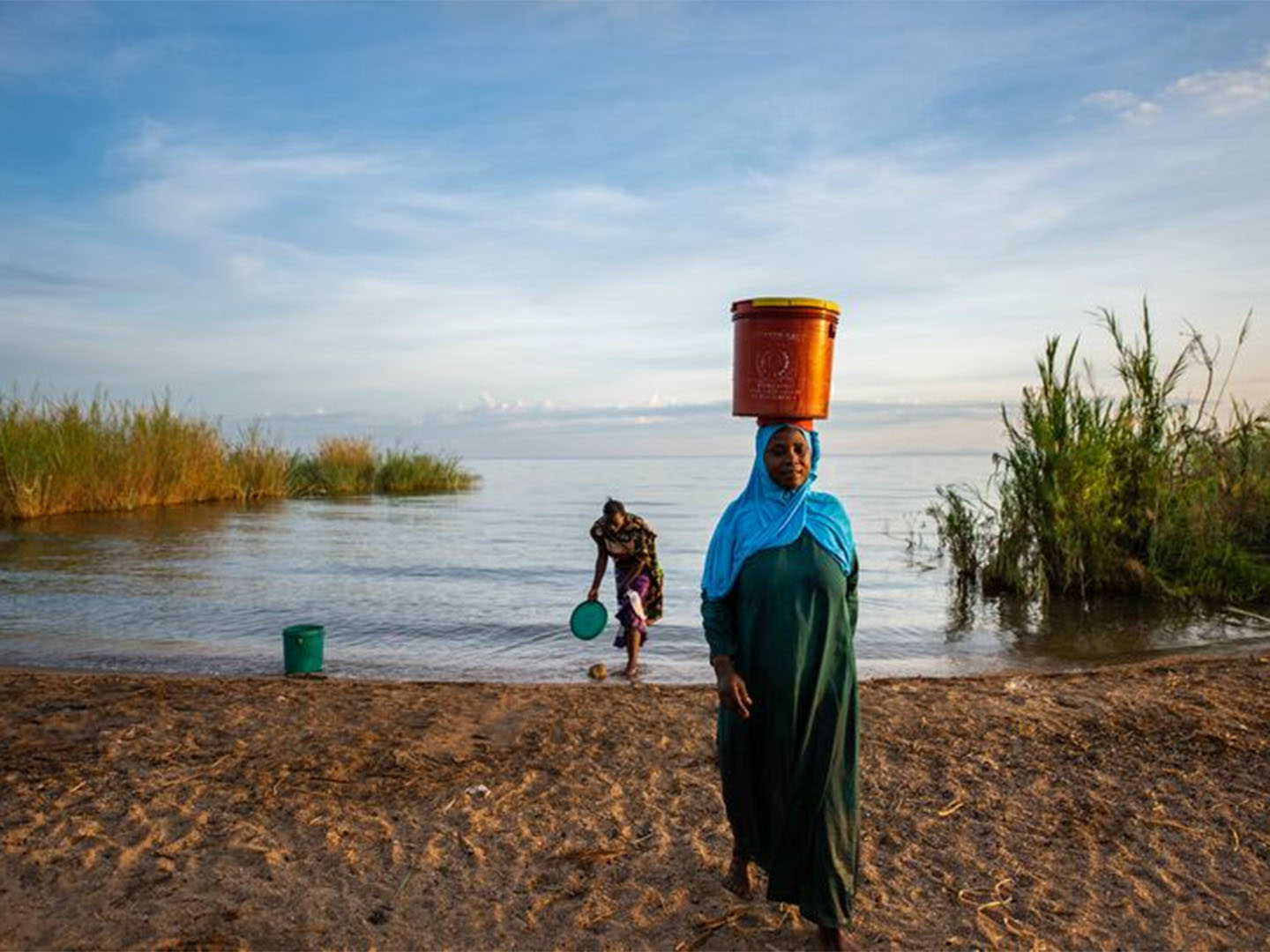For the 2019-2020 academic year the Georgetown University Global Health Institute (GUGHI), formerly known as the Global Health Initiative (GHI), focused on the global health implications of climate change.
The health of our communities is inextricably linked to the health of our planet. Scientists predict that rising global temperatures and extreme weather events will increasingly displace vulnerable populations and promote infectious disease transmission. In a 2018 report, the Lancet identified climate change as “the biggest global health threat of the 21st century” and urged people working across all sectors to turn their energy towards finding a solution. Climate change and its health and social implications will pose ongoing challenges not only for governments and international agencies but also for the business, medical, and higher education sectors. In this context, Pope Francis has called on the world to address the “climate emergency” in order to “avoid perpetrating a brutal act of injustice towards the poor and future generations.”
Over the course of the 2019-2020 academic year the GHI facilitated a dialogue within our community and with external experts and stakeholders about the global health implications of climate change, and how the effects of climate change affect individual and community health. A series of lunchtime discussions, student talks, and a signature event highlighted the amazing work being done by Georgetown faculty, students, and alumni across campuses and disciplines.
Topics included:
- Role of local governments
- Need for flexibility in health systems to respond to extreme weather events
- Infectious diseases and changes in disease patterns
- Global health diplomacy and climate change
- The role of research universities in meeting the challenge
For an overview of Georgetown’s engagement with climate change issues across schools and programs, visit the Global Georgetown website.


